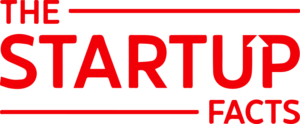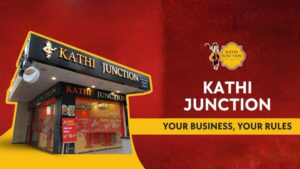
April 2025 – Kolkata, India
Why do people happily pay ₹90 to ₹200 for a momo from WOW Momo when street vendors sell them for just ₹40? The answer isn’t just in the filling it’s in the brand, business model, and execution that turned a humble street snack into a national food sensation.
The Humble Beginning
Back in 2008, two college friends, Sagar Daryani and Binod Homagai, took a bold step. Armed with just ₹30,000, they launched WOW Momo from a tiny 6×6 ft stall in Spencer’s Mall in Kolkata. Inspired by their love for momos, they asked themselves a powerful question:
Can momos be branded like pizza or burgers?
Smart Marketing on a Budget
Their early marketing game was simple but brilliant bright yellow T-shirts and free momo samples to grab eyeballs and hook hungry mall-goers. It worked like magic.
A Scalable Business Model
Unlike traditional restaurants or franchises, WOW Momo focused on mall based outlets that were clean, accessible, and efficient. They created a premium brand image, elevating the value of momos with hygiene, convenience, and experience. A ₹10 street momo was now a premium product priced at ₹90 to ₹200, and customers were still queuing up.
Tech-Enabled Growth
As demand grew, WOW Momo embraced the cloud kitchen model, scaling rapidly via Swiggy and Zomato, without investing heavily in physical infrastructure.
Innovation at the Core
The brand never stopped experimenting. From MoBurg (a momo-burger fusion) to launching sub-brands like WOW China and WOW Chicken, they expanded their menu and appeal across food categories.
The Growth Timeline
- 2013: 6 outlets
- 2017: Secured ₹44 crore in funding
- 2023: Hit a whopping ₹25,000 crore valuation
- 2025: Announced plans to expand into Dubai and Singapore
The Global Dream
WOW Momo isn’t just selling food it’s selling an idea: that Indian street food can be global. If they continue to innovate and adapt to international markets, there’s no reason they can’t be the McDonald’s of Indian street cuisine.











